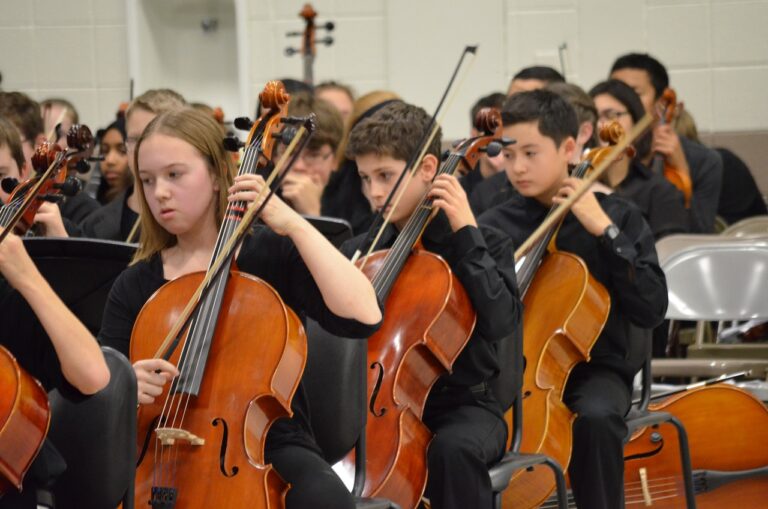Examining the Benefits of Multilingual Education Programs
Multilingual education programs are designed to provide students with the opportunity to learn and develop proficiency in more than one language. These programs offer a range of benefits, including promoting linguistic diversity, cultural understanding, and cognitive development. By exposing students to multiple languages at an early age, these programs aim to prepare them for a globalized world where multilingualism is increasingly valued.
Multilingual education programs can take various forms, such as dual-language immersion, bilingual education, or foreign language instruction. These programs not only focus on language acquisition but also incorporate cultural components to help students appreciate and respect different ways of life. By fostering language skills and cultural awareness, multilingual education programs equip students with valuable tools that can enhance their academic, personal, and professional growth.
Cognitive Benefits of Learning Multiple Languages
Learning multiple languages has been linked to various cognitive benefits, such as improved memory retention and better problem-solving skills. When navigating between different languages, individuals are constantly exercising their brains, which can lead to enhanced cognitive function over time. Research suggests that bilingual individuals often display a higher level of creativity and flexibility in their thinking processes due to their ability to switch between languages effortlessly.
Moreover, studies have shown that multilingualism can also delay the onset of cognitive decline in older adults. By engaging with multiple languages on a regular basis, individuals are stimulating their brains and promoting neuroplasticity, which is crucial for maintaining cognitive function as we age. This cognitive advantage can result in a reduced risk of developing conditions such as dementia and Alzheimer’s disease, highlighting the long-term benefits of learning and practicing multiple languages throughout one’s life.
Enhanced Communication Skills
Cultivating multilingualism is a powerful tool for bolstering communication skills. When individuals engage in learning and using multiple languages, they not only expand their linguistic repertoire but also enhance their ability to convey ideas effectively across different cultures and contexts. In a globalized world where diversity is celebrated, being proficient in multiple languages enables individuals to connect with a more extensive network of people, fostering meaningful relationships and collaborations.
Moreover, the process of learning multiple languages promotes cognitive flexibility and hones problem-solving skills, which are crucial elements in effective communication. As individuals navigate the nuances of different languages, they become more adept at interpreting and expressing ideas with precision and clarity. This heightened cognitive agility enables them to adapt their communication strategies to suit the needs of diverse audiences, paving the way for more successful interactions and fostering understanding in a multicultural society.





